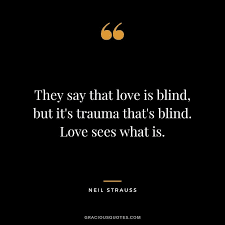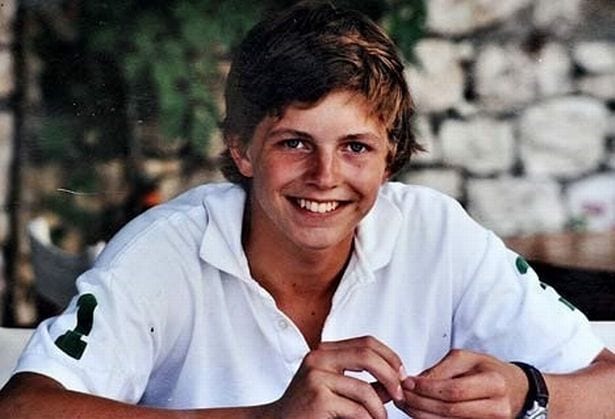Adult survivors of childhood abandonment and complex trauma abound in our society. Theirs is a sad reality shrouded in the darkness of shame that keeps their experience locked away only to be known by their volcanic overreactions or quiet avoidance that are triggered by present-day cues. They are our sisters, fathers, spouses, etc. They live fenced in by crippling fear and loss of identity stolen at such a young age. They’ve developed and matured as we all do, driven by survival and attachment, the same instincts they came into the world with, the same instincts that gave them a fighting chance at survival. However, the other component necessary for reaching potential, the social environment, was not favorable. It seemed as if this third ingredient almost wanted their destruction from the very beginning as if they were not meant to be alive in the first place. This environment, or soil, if you will, would go on to nurture beliefs deep in the psyche of the individual. These beliefs would become infused with the person’s sense of self, and so they would live out those beliefs as if they had to. They would live out those beliefs in ever reinforcing and destructive consequences. Those consequences reinforce a dark world view and a sense of self-value that is worthless. They live in a reality that holds no possibility for hope. Each day they walk past choice and opportunity only to choose what is familiar.
Read the rest of this superb article here. There’s a surprisingly positive twist!











